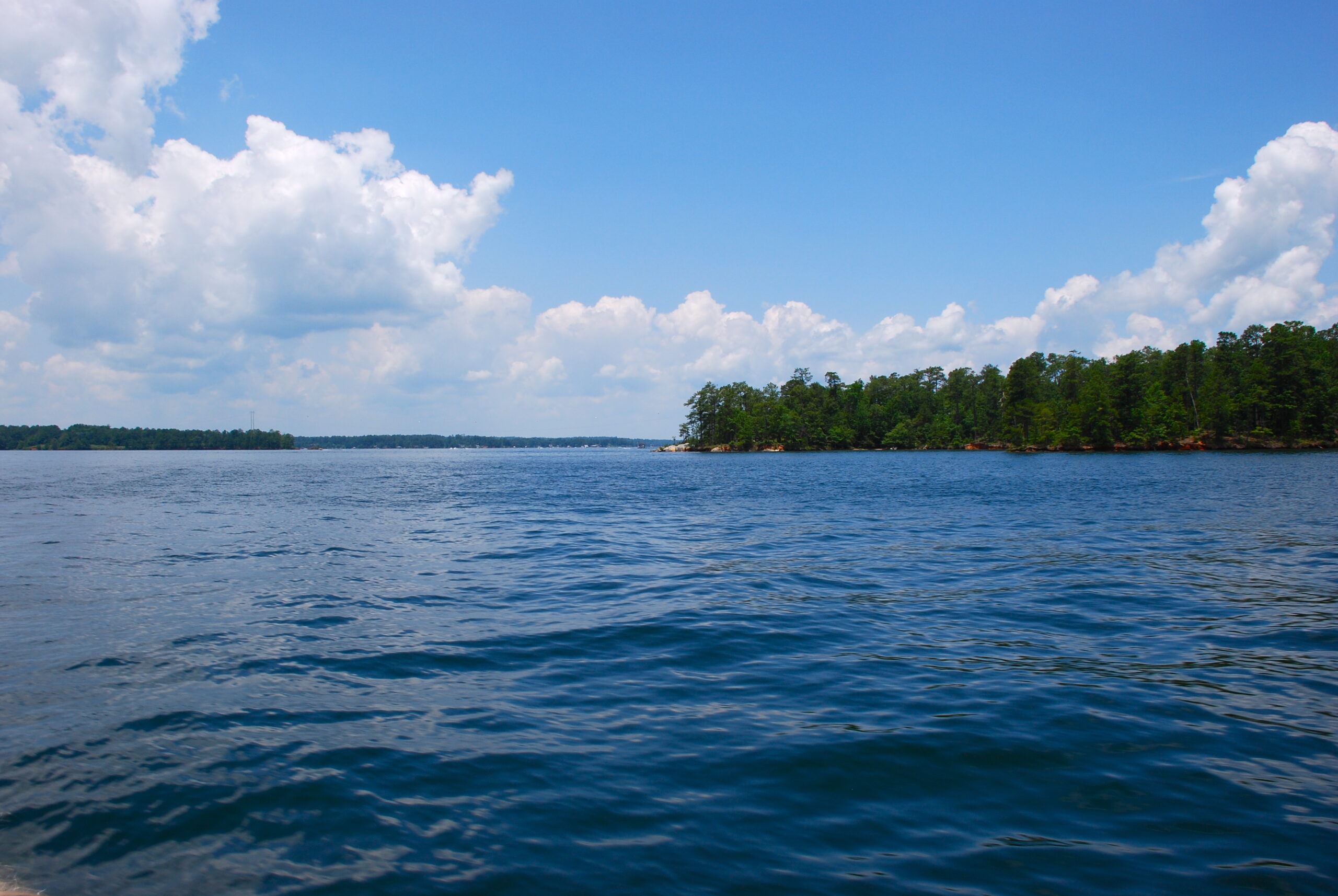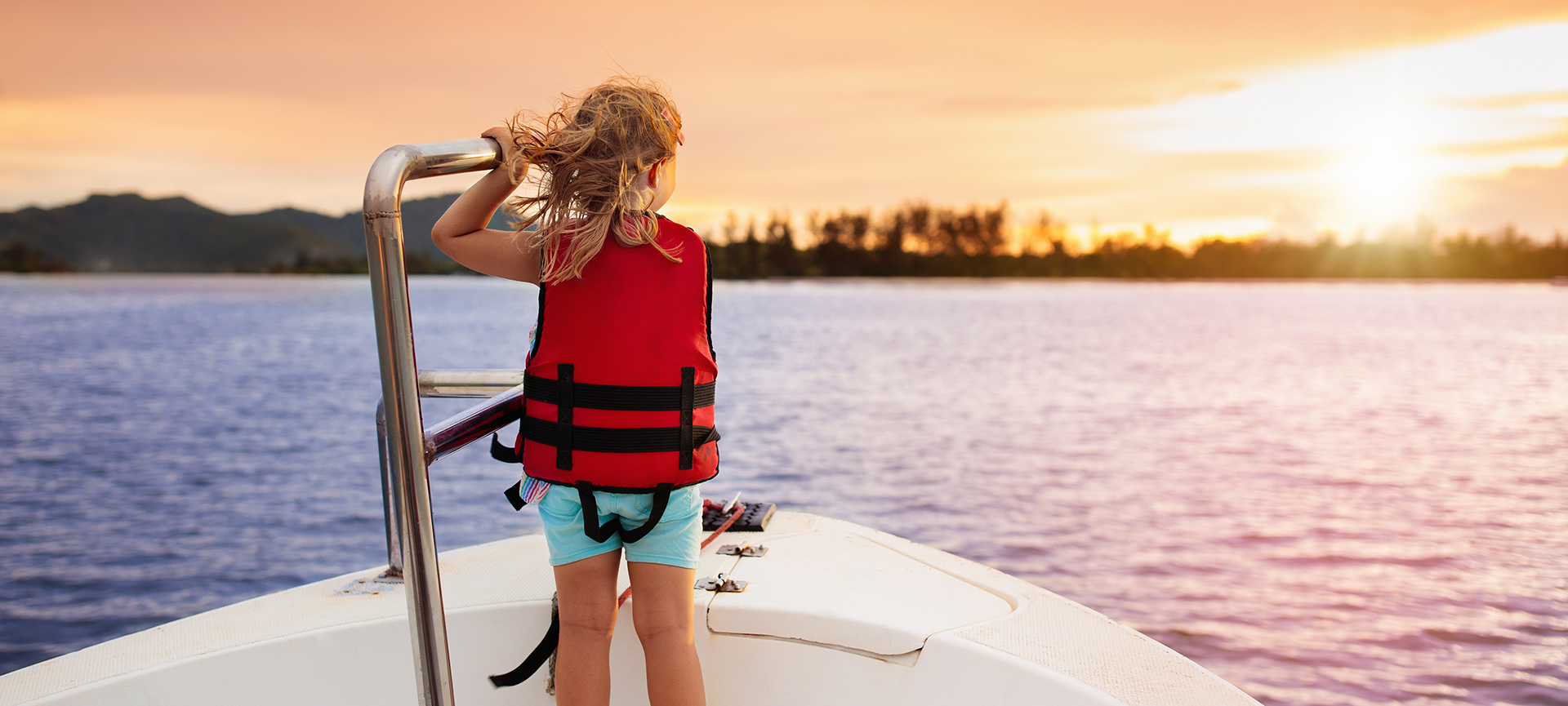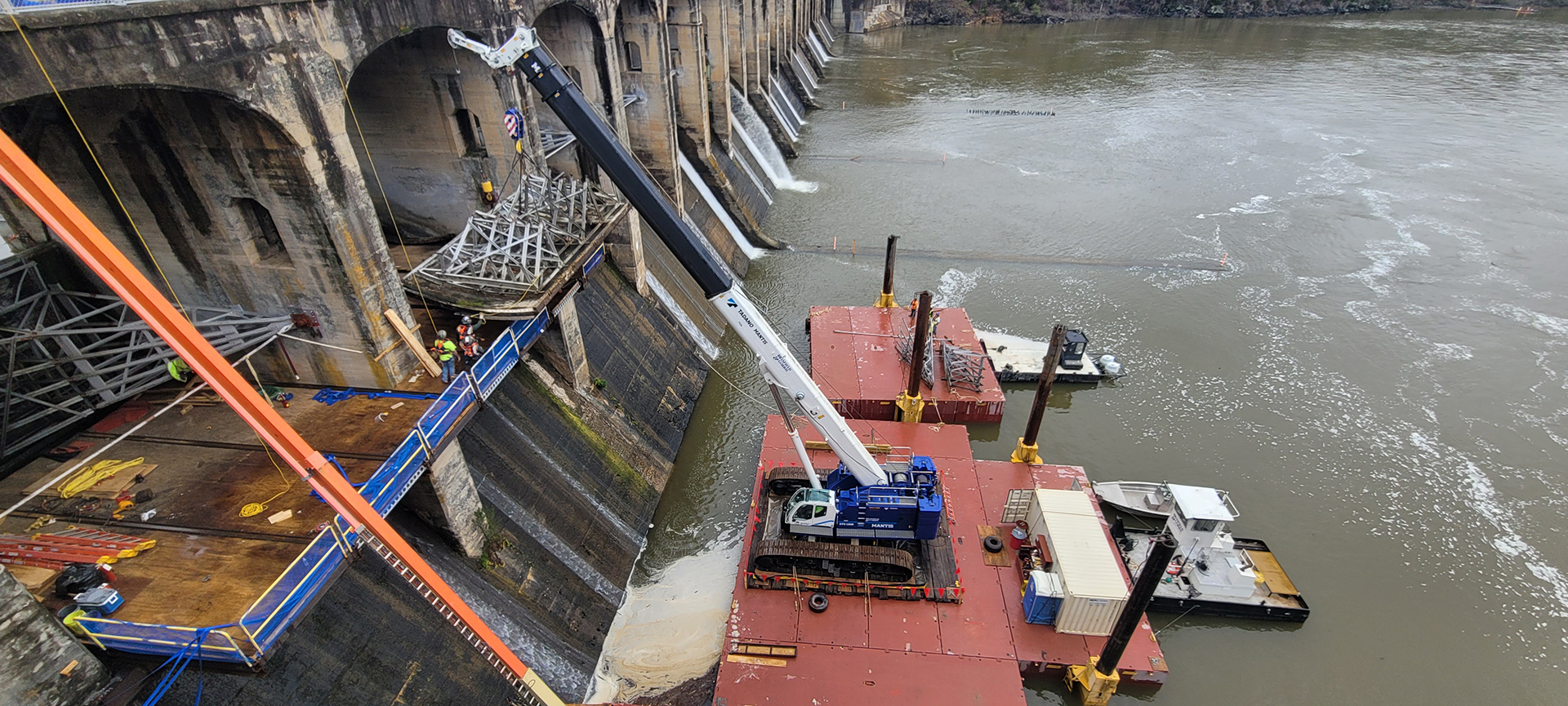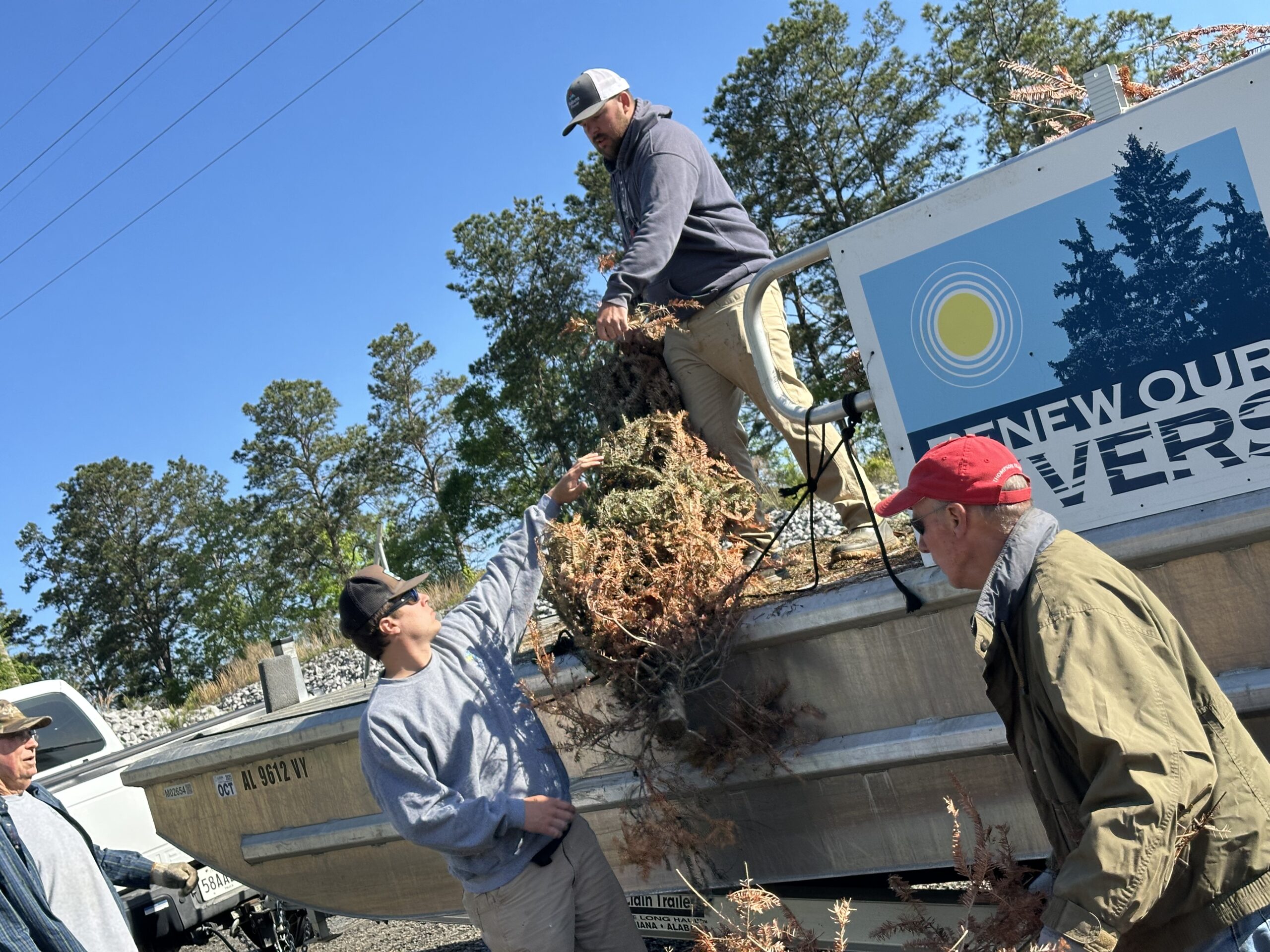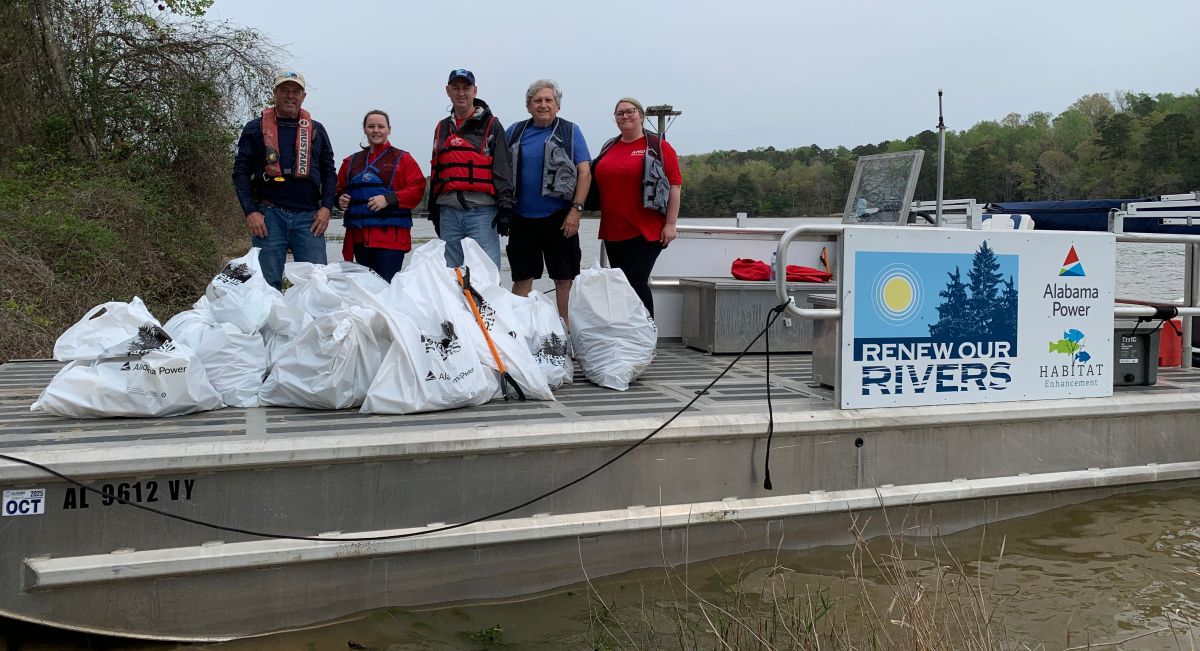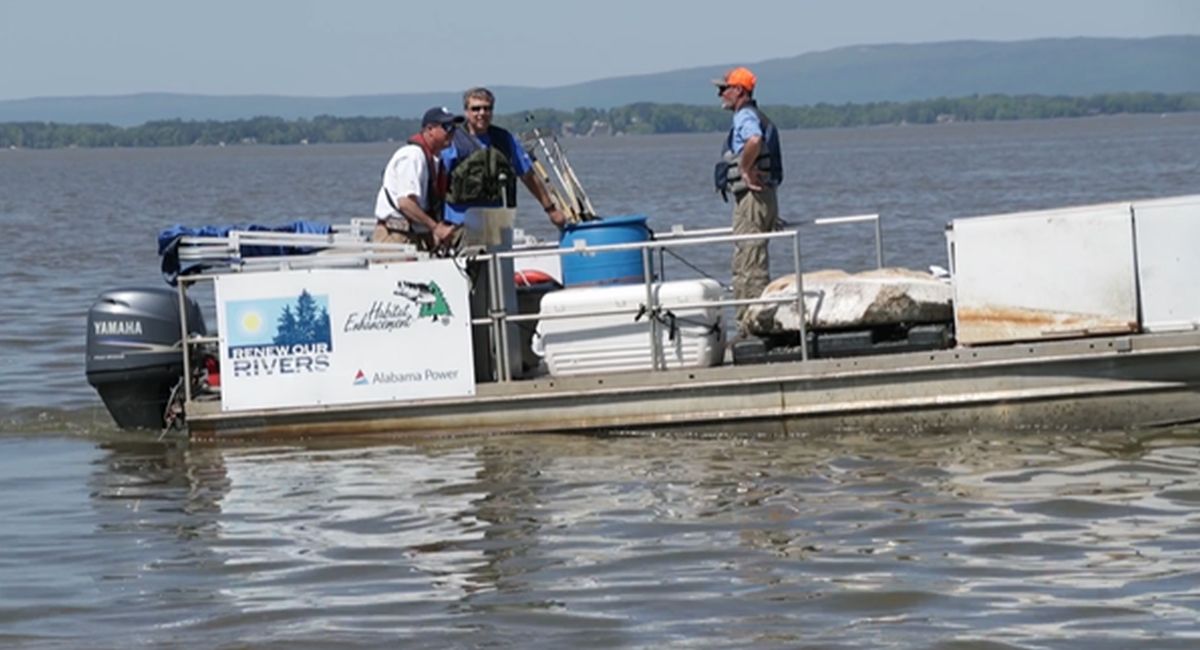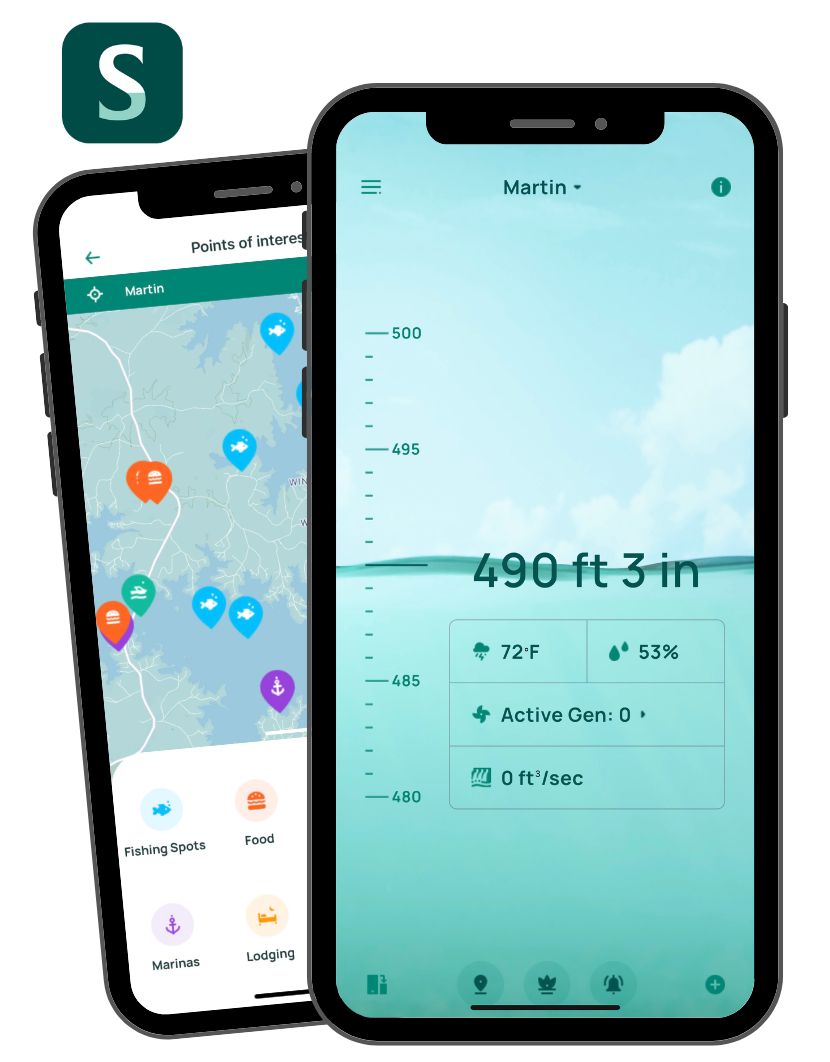Are you ready for boating season? Follow this checklist from Chris Miller, a licensed U.S. Coast Guard boat captain to make sure you’re ready to be on the water.
Batteries
Batteries are the most important place to start. Of course, fully charge your batteries at home before you go to the lake.
Many boaters have the wrong battery on their boat. They use a “marine” battery, which is a deep-cycle battery. These have three real purposes: as a trolling motor, to run an RV electric system, and to run a solar electric system. To crank your engine, use an automotive “cranking” battery. So my No. 1 battery is the cranking battery wired to the engine.
At the boat ramp, make sure the battery will easily start the engine all by itself. Always have a backup battery. Again, the No. 1 battery is wired to the engine. At the boat ramp with the engine running, I use jumper cables to attach the backup battery to the No. 1 battery. While out on the water, the engine is now charging both batteries.
Don’t leave the batteries hooked up, as a drain will kill both and then you will have no backup. Drains happen: You accidentally leave a light or the radio on overnight.
Trailer
A lot of the trouble people have in boating is not with the boat but with the trailer. If the tires are over seven years old, it is time to replace them, regardless of their tread. If you don’t, a blowout is coming soon. The easiest way to upgrade your tires is to put new wheels/tires on your trailer and keep the current ones for spares. Don’t cut corners on your tires unless you live within sight of the lake.
Trailer lights
Check the trailer lights, make sure you have a current tag and spot-paint any rusty areas. Note – remember to unplug your lights before backing the trailer into the water. Cold water and hot lights mean you will soon be buying new lights.
Axles
Grease the axles before and after a long trip. Bearing buddies make this easy.
Tie-down straps
Check your tie-down straps and lube the hookup to the vehicle.
Sanding
Sand the battery and connections and adding a dab of dielectric grease will ensure the electrical connections are good.
Prop
Check the prop for nicks and, if small, use a small grinder to smooth them out. Of course, a bent prop or big nicks mean a new prop must be purchased immediately. Do not run your engine over idle speed with a damaged prop because the vibration will damage the engine.
Engine
Look at the engine and consider replacing the oil in the lower foot. This is a good time to change the oil in the outboard foot if it has been awhile. It’s not hard or expensive to do and it protects the gearing in the foot.
Lube
Spray some lube on your steering, throttle and gearshift cables.
Safety
Check all your required safety gear: a fire extinguisher, life jackets, lights and a noisemaker. Take a long rope to tow, hopefully to tow others, but it might be to tow you. Always carry a charged cellphone. Also consider keeping a pocket GPS on board as well. Being small, you can carry it on my Jet Ski, motorcycle and boat. Besides, it is the only real way to check your gas mileage.
Storage
For boat storage, the worst thing you can ever have in a stored boat is … water. When a boat is stored, wash it, use a wet/dry vacuum to dry it out, and then leave it open for a week to really dry it out. This makes a big difference on the life of all components, especially the electrical ones. Always cover your boat with a sheet of plastic. Even if you have a cover, still use the sheet of plastic, as this makes a lot of difference in protection. This will triple the life of your boat.
Chris Miller is a licensed U.S. Coast Guard boat captain who lives in Georgia and spends time at Weiss Lake.


